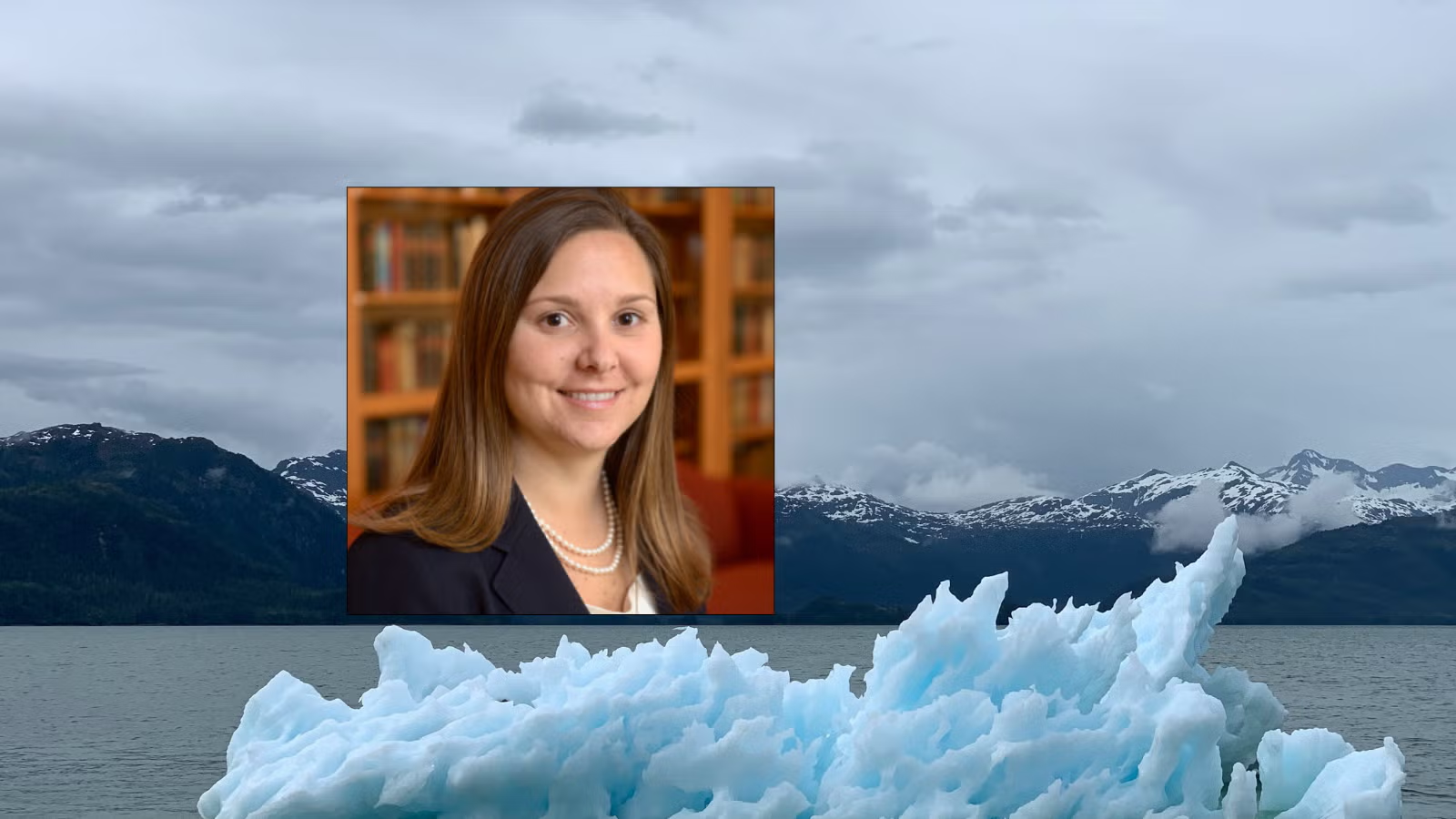Against a challenging backdrop for U.S. climate change policy, climate science and multilateralism, SFS Professor Joanna Lewis has been selected as a lead author for the UN’s Intergovernmental Panel on Climate Change (IPCC) as it approaches the creation of its Seventh Assessment Report. Lewis will serve as a lead author for a chapter focused on politics, governance and international cooperation—topics well within her research wheelhouse, as Lewis is the author of a recent book titled Cooperating for the Climate.
This is Lewis’s second time making the cut for this prestigious role; she was first a lead author on the IPCC’s Fifth Assessment Report in 2014. Lewis is the only Georgetown professor selected as an author for the IPCC’s seventh assessment report, projected for release in 2029.
In addition to her capacity as an author for the IPCC, Lewis has also led Georgetown’s delegation to the United Nations Framework Convention on Climate Change (UNFCCC), an international treaty and the UN process for coordinating global responses to climate change, since 2008. Her involvement with UNFCCC opens the door for GU to send students and faculty to UN climate change conferences.
Lewis is a professor of energy and environment in the Science, Technology and International Affairs Program (STIA) at SFS. She also helped create the new Master of Science in Environment and International Affairs degree program, a one-year graduate degree launched in 2024 with the Earth Commons Institute that integrates environmental science training with international affairs training. We caught up with Lewis to answer a few questions about IPCC, U.S. climate change policy and the challenges of teaching in an era of science skepticism.
Q. What is the IPCC Assessment Report, and why is it important?
A. The Intergovernmental Panel on Climate Change is the United Nations body that was established to assess the science related to climate change. It provides governments with key information about climate change that they can use to develop climate policy. This includes information on the state of the science, the impacts and risks associated with climate change and options for mitigation and adaptation. Every few years, the IPCC produces a new assessment report based on the most up-to-date knowledge. The scope of the report also evolves with each assessment to ensure it covers the topics that are most relevant to policymakers.
Q. The Seventh Assessment report will include an increase in contributions from female scientists and scientists in developing countries or those with economies in transition. Why is it important that scientific assessments come from a diverse group of sources?
A. Writing an IPCC report is a truly global process. The Seventh Assessment Report will be written by authors representing 111 countries. This is important because the report needs to encompass the best available science from around the world, which is more likely when a diverse group of scientists are involved. In addition, having an internationally diverse set of authors helps to avoid the introduction of biases from any specific country or region and helps to ensure that the final report has global reach. It is especially important that more than half of the authors are from developing countries, as these are the countries that are most affected by climate change.
Q. In late July, the Trump Administration announced that the EPA would move to revoke the endangerment finding, which serves as the scientific basis for fighting climate change in the United States. What can the IPCC’s work do to overcome the negative environmental impacts of a policy shift like that in the U.S.?
A. The mandate of an IPCC author is to assess the best available information on climate change and provide a knowledge base for policy without prescribing or advocating for specific policies. Given that much of the climate expertise within the U.S. government has been dismantled and the National Climate Assessment has been halted, international organizations like the IPCC and UN will likely play an even more crucial role in disseminating relevant, time-sensitive climate information this time around than they have in the past.
Q. COP30, the 30th iteration of the United Nations Climate Change Conference, will take place in November in Brazil. It’s also the 10th anniversary of the landmark Paris Agreement, which the U.S. has once again indicated it will leave. As a scholar and teacher who has attended many COP meetings, what are some of your thoughts about the importance of science literacy for students in a time of science skepticism?
A. So much of the controversy surrounding climate change in the United States is linked to broader science skepticism, which distracts from the real challenges that nations face as a result of the changing climate and puts us at a disadvantage in responding. Climate change is already reshaping geopolitics—in areas such as resource and technological competition; economic realignment as energy and trade shifts; and with increased climate-induced migration—and its influence will only deepen as impacts intensify. We need to be training students who not only understand the scientific basis for climate change but also are positioned to drive solutions.
